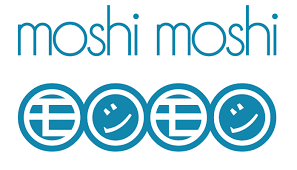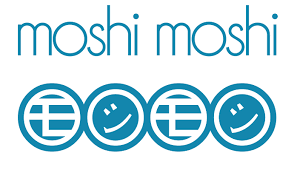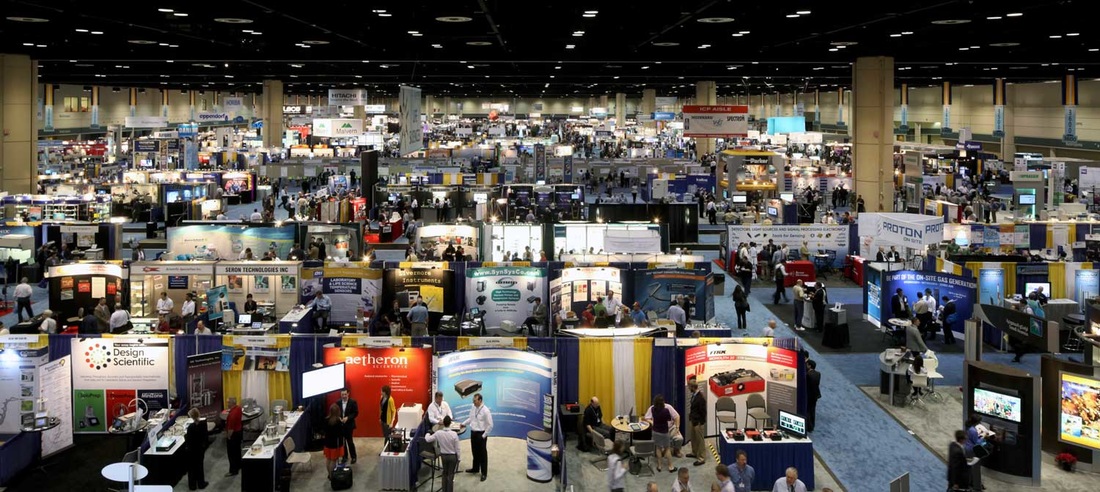日本では電話営業はもう効果的ではないと、ある方からお聞きしました。しかし、アメリカではまだ十分効果的な営業方法です。皆さんのメールボックスにも、無作為に、しかも頼みもしていないのに送信されてくるEメールが大量にあると思います。その数と正比例するように、電話営業の効果は増していると、私は思っています。
断られる恐怖を乗り越えての利益は大
電話営業では、間違いなく断られる経験をします。日本人もアメリカ人も、断られてたくないという気持ちは同じです。そのため、現在は、Eメール営業を好む販売員が多くいます。メールでも内容を感情的に受け取る方もいるかもしれませんが、どちらかと言えばメールは無機質なので、実際に声を聞いて直接やり取りする電話と比べれば嫌な思いをしなくて済みます。匿名性が高いメールに頼るのも致し方ないでしょう。しかし、断られるというリスクを覚悟しての電話営業は、非常にやりがいがあり、しかも非常に有効です。
成功する電話営業とは?
電話営業にはやり方が複数ありますので、私のいう電話営業の定義を明らかにしたいと思います。電話営業とは、「面識のない方に直接電話をかけ、先方のニーズを事前に把握しており、自社商品またはサービスがお役に立つ方々に対して行うこと」です。
電話営業は以下の質問に対して答えることができれば、有効です。
アメリカでの電話営業の秘訣
アメリカの企業はここ10年、とにかく無駄を省いてきました。ほとんどの企業が従業員を減らし、その結果、残った従業員が幅広く責任を負うことになりました。そのため、頼んでもいない営業電話に対して時間を割くことがなくなりました。
そこで、私は20秒ルールを適用しています。最初の20秒で潜在顧客から興味を引き出すことができなければ、それ以上続けても無理です。
端的で効果的な導入部を作り上げることですら非常に難しいのに、さらにそれを相手に伝えることの困難さは、日本語でご経験されていると思います。ましてや、英語を母国語とせず、文化背景が異なる方にとって、電話営業で顧客を得ようとするのは困難極まりないことです。
効果的な20秒の導入トークを作成するには、何をどのように言うか、また誰に言うのかを考慮しなければいけません。しかし、それはまだ仕事の半分です。残りの半分は、潜在顧客を疑心暗鬼にさせることなく、不安を取り除き、長期的な関係の基礎を作り上げることです。
電話営業はセールス方法として価値があります。電話営業に伴う様々な障害はパズルのピースと同じで、組み合わせてあげる必要があるだけです。難度の高い挑戦ではありますが、挑戦はその難度が高ければ高いほど、得られるものもまた大きくなります!
アメリカでの電話営業をされる前に、私共にご相談ください。
断られる恐怖を乗り越えての利益は大
電話営業では、間違いなく断られる経験をします。日本人もアメリカ人も、断られてたくないという気持ちは同じです。そのため、現在は、Eメール営業を好む販売員が多くいます。メールでも内容を感情的に受け取る方もいるかもしれませんが、どちらかと言えばメールは無機質なので、実際に声を聞いて直接やり取りする電話と比べれば嫌な思いをしなくて済みます。匿名性が高いメールに頼るのも致し方ないでしょう。しかし、断られるというリスクを覚悟しての電話営業は、非常にやりがいがあり、しかも非常に有効です。
成功する電話営業とは?
電話営業にはやり方が複数ありますので、私のいう電話営業の定義を明らかにしたいと思います。電話営業とは、「面識のない方に直接電話をかけ、先方のニーズを事前に把握しており、自社商品またはサービスがお役に立つ方々に対して行うこと」です。
電話営業は以下の質問に対して答えることができれば、有効です。
- どのような方があなたの商品を購入しますか。
- お客様が購入している類似商品は何ですか。
- お客様が購入する理由は何ですか。
- お客様はどのようなタイミングでどのように購入しますか。
アメリカでの電話営業の秘訣
アメリカの企業はここ10年、とにかく無駄を省いてきました。ほとんどの企業が従業員を減らし、その結果、残った従業員が幅広く責任を負うことになりました。そのため、頼んでもいない営業電話に対して時間を割くことがなくなりました。
そこで、私は20秒ルールを適用しています。最初の20秒で潜在顧客から興味を引き出すことができなければ、それ以上続けても無理です。
端的で効果的な導入部を作り上げることですら非常に難しいのに、さらにそれを相手に伝えることの困難さは、日本語でご経験されていると思います。ましてや、英語を母国語とせず、文化背景が異なる方にとって、電話営業で顧客を得ようとするのは困難極まりないことです。
効果的な20秒の導入トークを作成するには、何をどのように言うか、また誰に言うのかを考慮しなければいけません。しかし、それはまだ仕事の半分です。残りの半分は、潜在顧客を疑心暗鬼にさせることなく、不安を取り除き、長期的な関係の基礎を作り上げることです。
電話営業はセールス方法として価値があります。電話営業に伴う様々な障害はパズルのピースと同じで、組み合わせてあげる必要があるだけです。難度の高い挑戦ではありますが、挑戦はその難度が高ければ高いほど、得られるものもまた大きくなります!
アメリカでの電話営業をされる前に、私共にご相談ください。





 RSS Feed
RSS Feed
